Apprenticeships in Switzerland

Pupils face an important choice at the end of their compulsory schooling: they can either move on to vocational education and training (VET) or attend high school.
Around two thirds of students in this age group (around 15 years old) take the vocational route, while the rest mostly attend high school (also known as a Baccalaureate school), which prepares for university, or specialised high school, which prepares for tertiary professional education in fields like healthcare and the arts.
More than 90% of young people in Switzerland earn a school or apprenticeship certificate after completing upper secondary (post-compulsory) education.
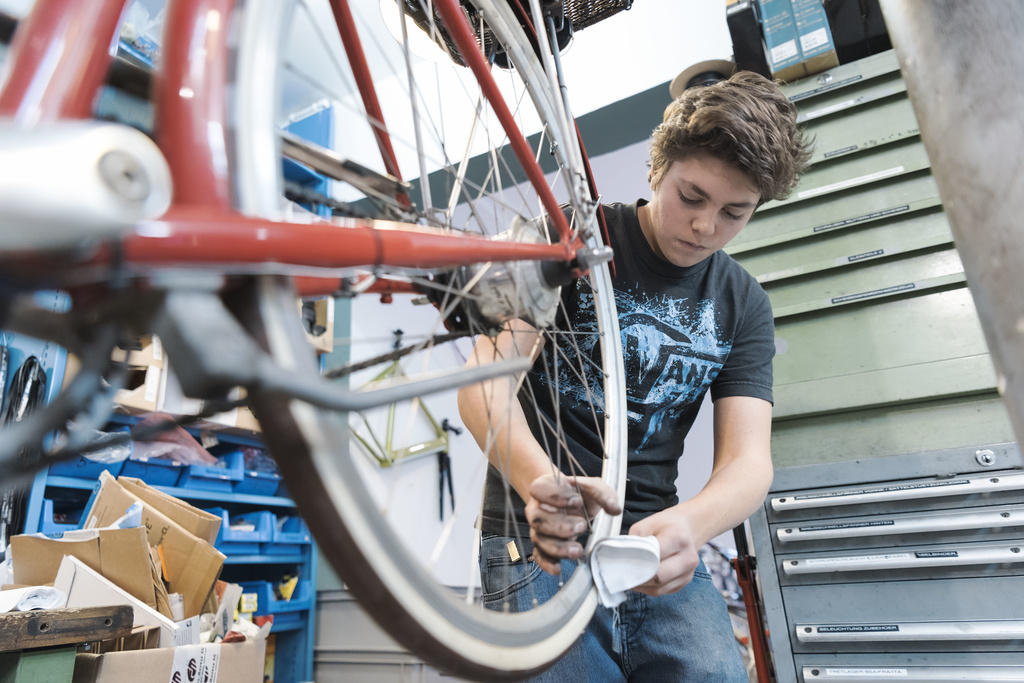
More
Are 14-year-olds ready to make a career choice?
Apprenticeships
Under Switzerland’s dual-track apprenticeship system, young people combine on-the-job training in a host company with lessons at a vocational school. They can obtain a Federal VET Certificate after two years and a Federal VET Diploma after three to four years. This system gives young people direct access to the labour market and guarantees a very low youth unemployment rate.
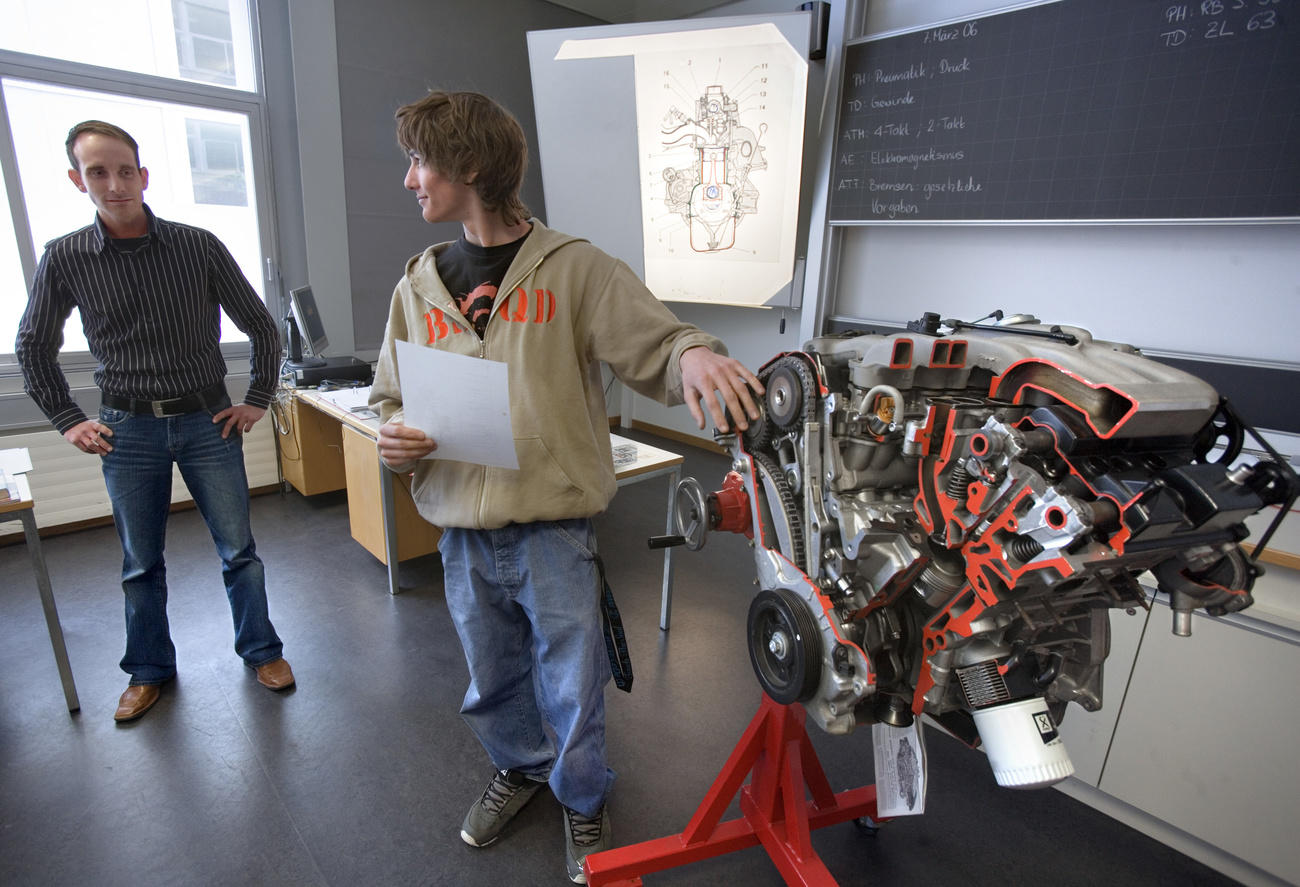
More
Why Switzerland’s dual-track education system is unique
This dual-track approach offers a certain amount of flexibility later on. After gaining their certificates, apprentices can take additional professional training or enrol at a college of higher education, which offer federally recognised programmes in fields like engineering, hospitality and healthcare. This tertiary-level education, which deepens professional and managerial skills, is a Swiss speciality. It programmes and qualifications are less known abroad, particularly in countries which do not have dual VET.
Apprentices can also prepare for the Federal Vocational Baccalaureate which gives access to Universities of Applied Sciences and Arts, Switzerland’s more practically-orientated universities, which are mostly attended by qualified apprentices. A further exam (Passerelle) gives access to academic universities.
Thanks to agreements with the European Union (EU) and the European Free Trade Association (EFTA), young people from EU/EFTA countries can do apprenticeships in Switzerland. But they must apply for a residence permit, since they work part time and get paid.
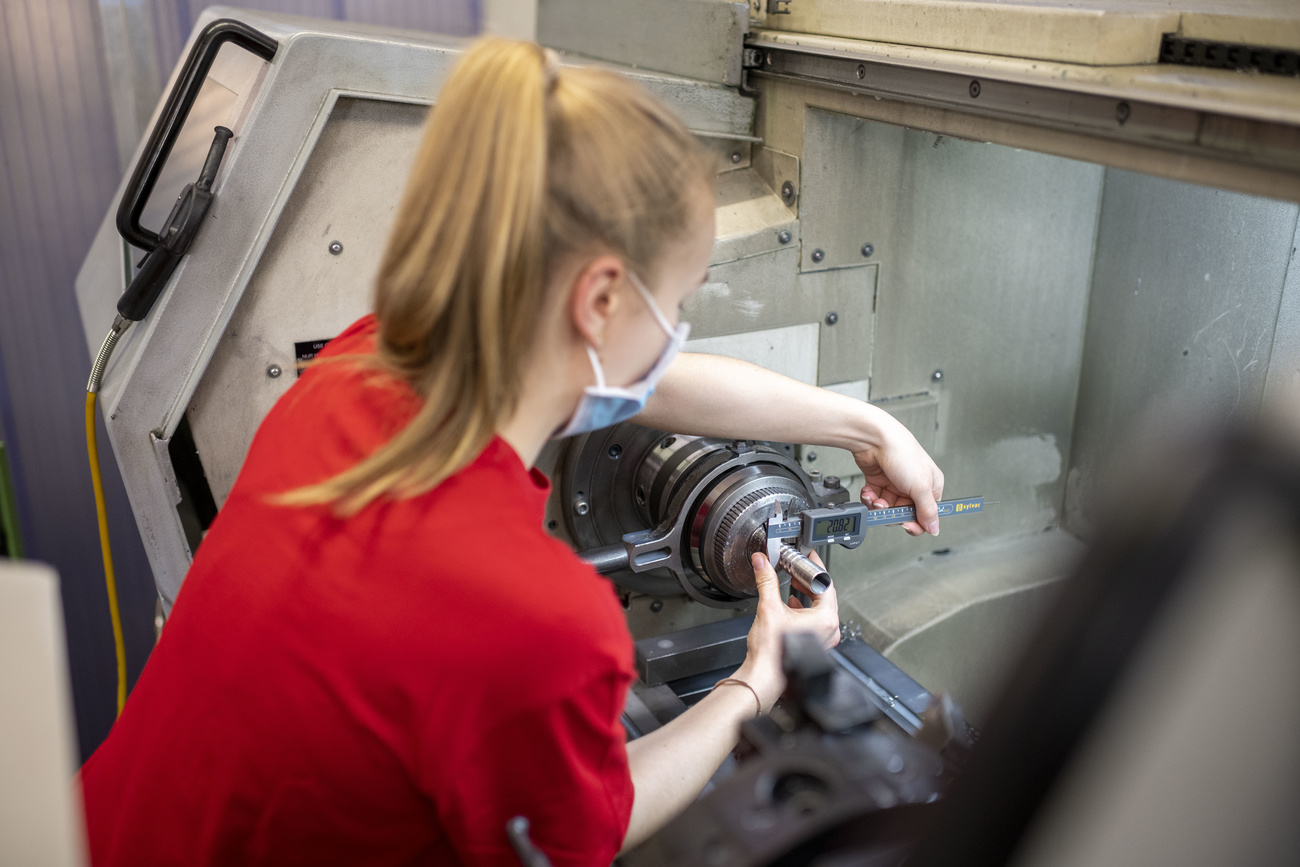
More
Switzerland seeks international recognition for those with vocational skills
Switzerland has also concluded agreements with 13 countries outside the EU to enable young people from these countries to gain work experience in Swiss companies. The countries concerned are: Argentina, Australia, Canada, Chile, Japan, Monaco, New Zealand, the Philippines, Russia, South Africa, Tunisia, Ukraine and the United States. Permits are issued for a maximum of 18 months.
High schools
Schools that award the Swiss school leaving certificate (or Swiss Baccalaureate) are called Gymnasium, collège or lycée, depending on the canton. They generally last four years and enable young people to deepen their knowledge in a broad range of academic subjects. Admission requirements vary from canton to canton, usually a high average mark at school or an entrance exam is required.
Those that graduate after successfully taking the Swiss Baccalaureate have access to all universities in Switzerland and some programmes at Universities of Teacher Education.
Specialised high schools
Specialised schools prepare for tertiary-level professional education in occupational fields such as healthcare, social work, communication and information, design, and the arts. They differ from apprenticeships and senior high schools in that they offer a middle way: school-based preparation for tertiary-level professional education.
These schools last three years. Pupils can also stay on an extra year and take the specialised school leaving certificate (Specialised Baccalaureate), which gives them access to studies in their occupational field at Universities of Applied Sciences or in the case of educational sciences, to the pre-school and primary school teacher programme at Universities of Teacher Education.
Bridge year
Students who are not ready to begin an apprenticeship or go to a senior high school after the finishing compulsory school have the option to do a 10th school year, a pre-apprenticeship or attend a school that prepares young people for enrolment in VET.
For more information on post-compulsory education in Switzerland, see:
– The Swiss Conference of Cantonal Ministers of Education External link
– Official information on the ch.ch website on what comes after compulsory schoolingExternal link
– State Secretariat for Migration (SEM): trainees coming to SwitzerlandExternal link
– State Secretariat for Education, Research and Innovation (SERI): VETExternal link

In compliance with the JTI standards
More: SWI swissinfo.ch certified by the Journalism Trust Initiative
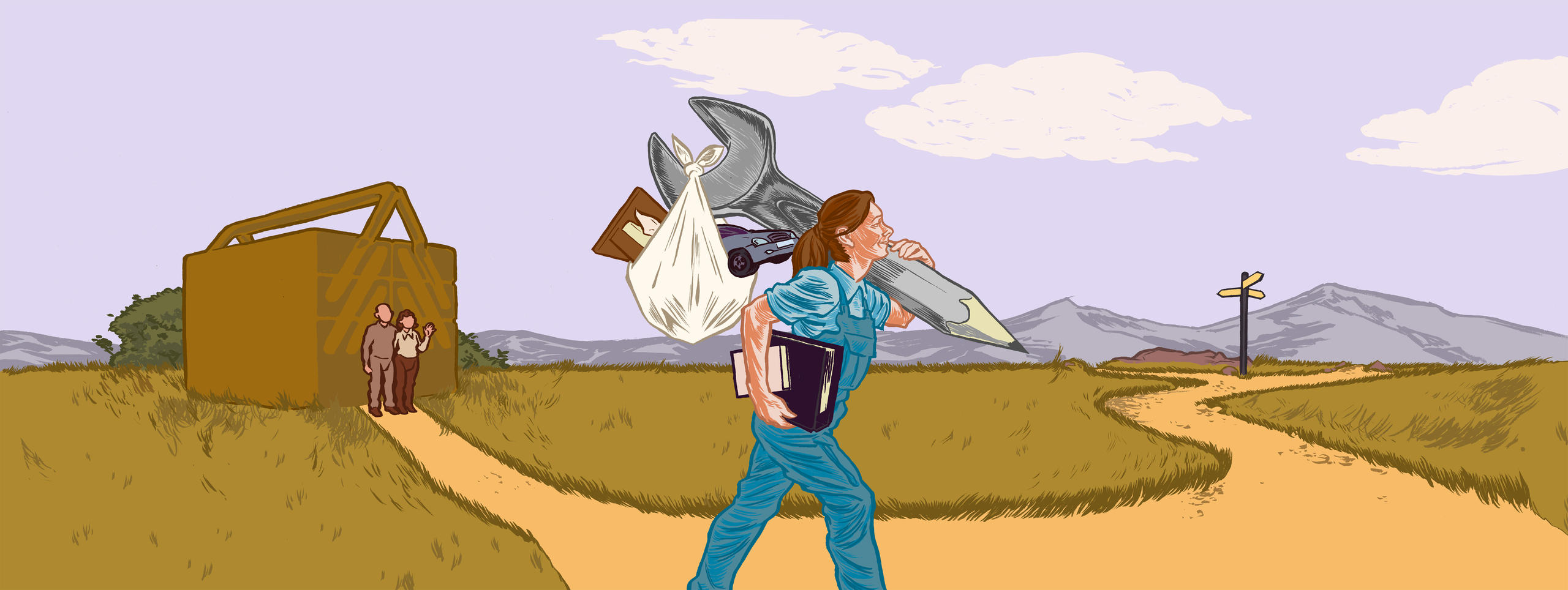

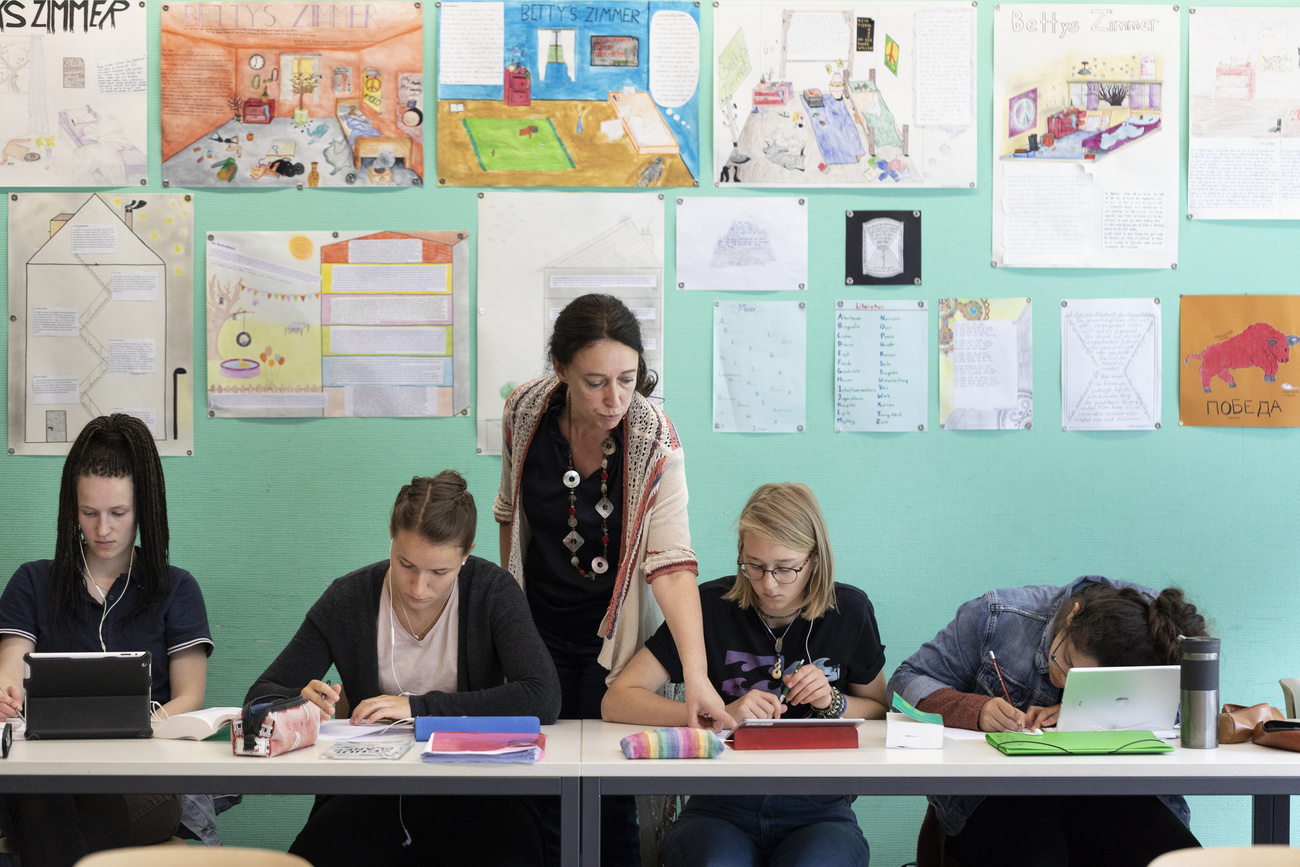


You can find an overview of ongoing debates with our journalists here. Please join us!
If you want to start a conversation about a topic raised in this article or want to report factual errors, email us at english@swissinfo.ch.